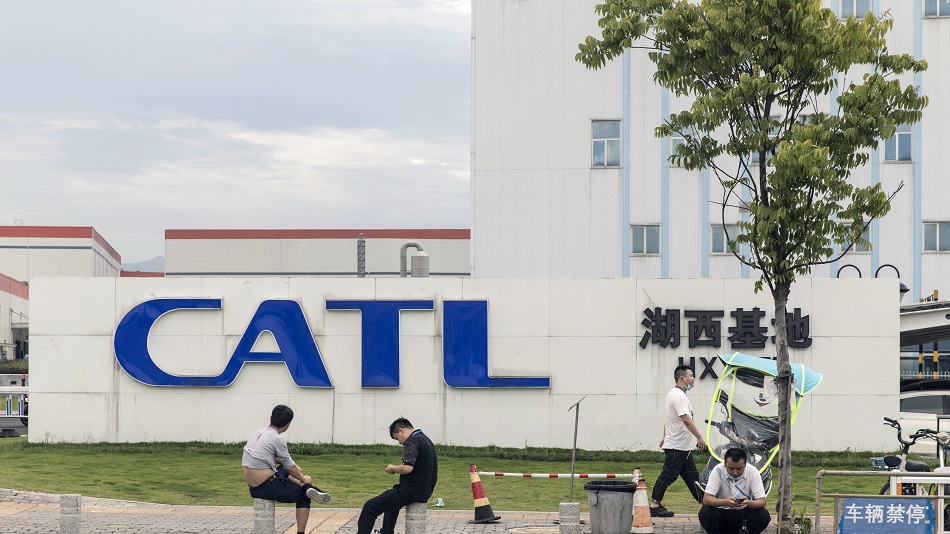China’s CATL, the world’s largest electric vehicle battery manufacturer, has unveiled an EV chassis designed to prioritize safety. The platform, called “Panshi” (or “Bedrock”), can reportedly endure a frontal impact at 120 kilometers per hour (75 mph) without catching fire or exploding—a feat CATL touts as unprecedented in the industry. The announcement, made on Tuesday, signals CATL’s ambition to dominate a new segment of the EV market by targeting premium automakers seeking to accelerate vehicle development and reduce costs.
The Panshi chassis integrates a high-capacity battery capable of delivering a 1,000-kilometer range (621 miles) on a single charge. CATL claims it can cut vehicle development time to 12-18 months, significantly faster than the typical 36 months or more. This platform marks a bold leap for safety standards, as most EVs undergo frontal crash tests at speeds of around 56 kilometers per hour in programs like the China New Car Assessment Program.
Ni Jun, CATL’s Chief Manufacturing Officer, highlighted the significance of this development: “Due to the extremely high crash speed and intensity, there has been no previous instance of any new energy vehicle daring to challenge a 120km/h frontal pole impact test.”
CATL’s Panshi chassis will debut through Chinese EV brand Avatr, a venture co-owned by CATL, Changan Auto, and Huawei. While Avatr did not confirm a release timeline for its first Panshi-based model, its President, Chen Zhao, confirmed the collaboration during the press event. Known as a “skateboard chassis,” this modular platform integrates electric motors, batteries, controls, and suspension into a single structure, streamlining production and enhancing efficiency.
Other competitors in the skateboard chassis market include Xpeng and Launch Design, but CATL’s initiative reflects its Chairman Robin Zeng’s broader strategy for growth. Beyond EV platforms, CATL is exploring micro power grids and battery swapping services. With a 37% share of the global EV battery market, according to SNE Research, CATL is already a formidable player in the industry.
Zeng previously disclosed the Panshi project to Reuters, stating that it could reduce the cost of developing a new EV to $10 million, compared to billions traditionally required. Such advancements could empower smaller, niche automakers to achieve profitability by selling as few as 10,000 vehicles annually. Zeng also noted that CATL had showcased the technology to Porsche and investors in the UAE, potentially paving the way for luxury EVs and new regional brands.
Since 2020, CATL has worked on integrating batteries directly into chassis systems, partnering with automakers like Vinfast, BAIC, and Neta. The Panshi chassis underscores the company’s commitment to innovation while expanding its footprint in the evolving EV market.










